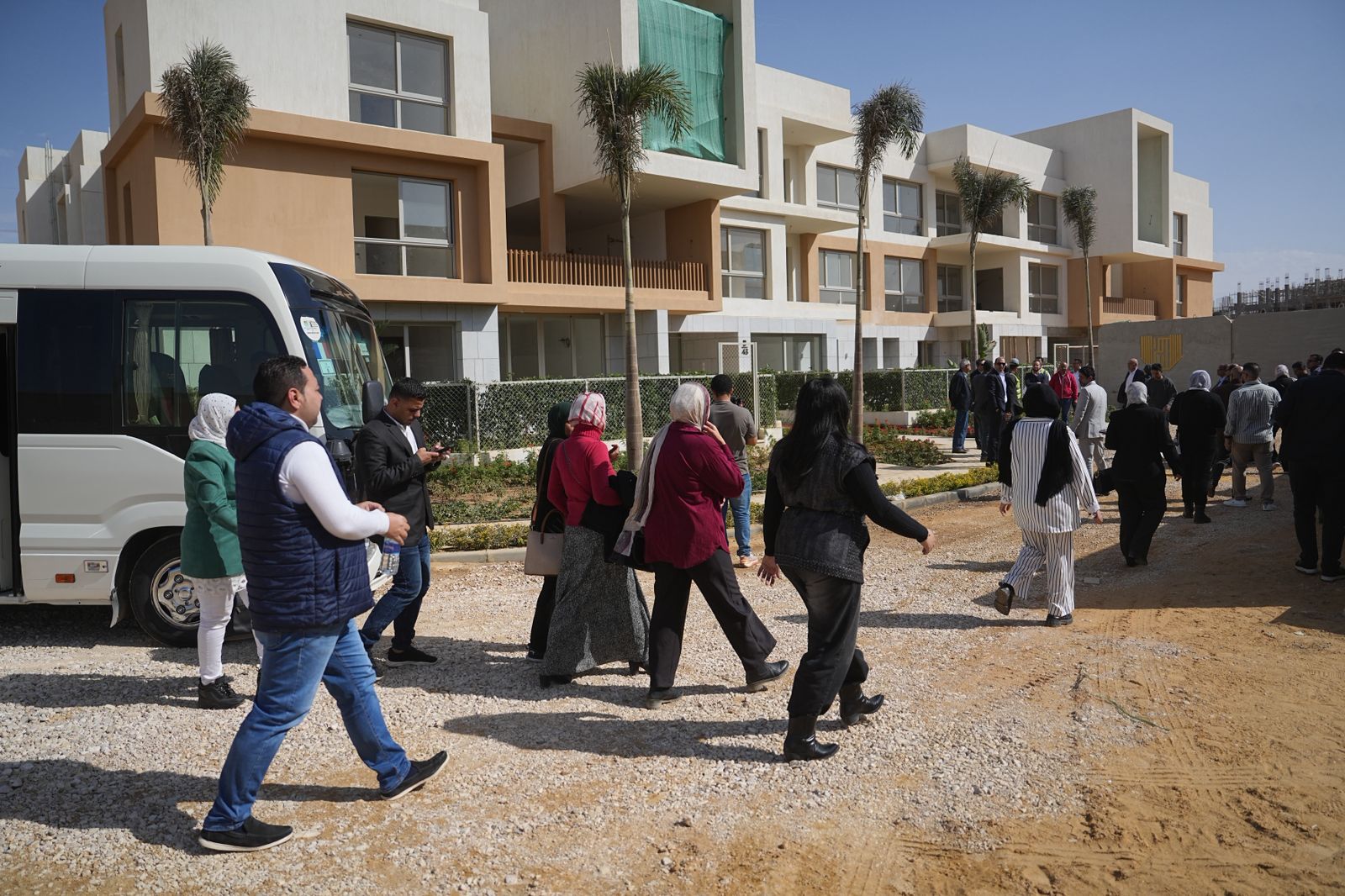Dubai- Masaader News
Kuwait’s government is running out of money and will struggle to pay the salaries of its civil servants in November, Finance Minister Barrak al-Sheetan explained in a dire warning issued Tuesday, Kuwait-based newspaper the Kuwait Times reported.
The minister went on to explain that the country’s reserve fund has just 2 billion dinars ($6.54 billion) in assets left, and that government needs 1.7 billion dinars every month to function, the Times said. The minister was visiting Kuwait’s legislature in an attempt to garner support for a new debt law.
The new law aims to borrow 20 billion dinars over the next 10 years in an effort to meet the country’s growing budget deficit following a slump in oil prices linked to the coronavirus pandemic, Kuwait Times said.
The finance minister “shocked us by saying the government will not be able to pay salaries in November,” Kuwaiti MP Thamer al-Suwait said, while explaining that the country has 205 billion dinars in assets at the moment, the Times reported.
“It is shameful that we have the fourth largest sovereign wealth fund in the world and the government is seeking to borrow. This is evidence of the government’s failure,” MP Hamdan al-Azemi added.
Unless the government is able to come up with a law explaining how it will institute reforms and development plans, many MPs said they will vote against the debt law, according to the Times.
Al-Sheetan, however, explained that due to low interest rates at the moment, borrowing is preferable to using the sovereign wealth fund as the return on investment at the fund is higher than low rates.
The call for debt follows news on Tuesday that Kuwait’s budget deficit could widen in its 2020/21 fiscal year to 14 billion dinars as the economy reels from the fallout of the coronavirus pandemic, a ministry of finance document revealed.
Authorities have also been working on various plans to reduce the number of expats in the country. On Tuesday, Kuwait announced it would stop issuing work permits for expats aged over 60 without a university degree, and will not extend any residencies and visas beyond August 31.
The new rules have been perceived as part of a government plan to cut the overall number of expats in the country by as much as 360,000 workers. According to this plan, 150,000 of these will be expats aged over 60.











